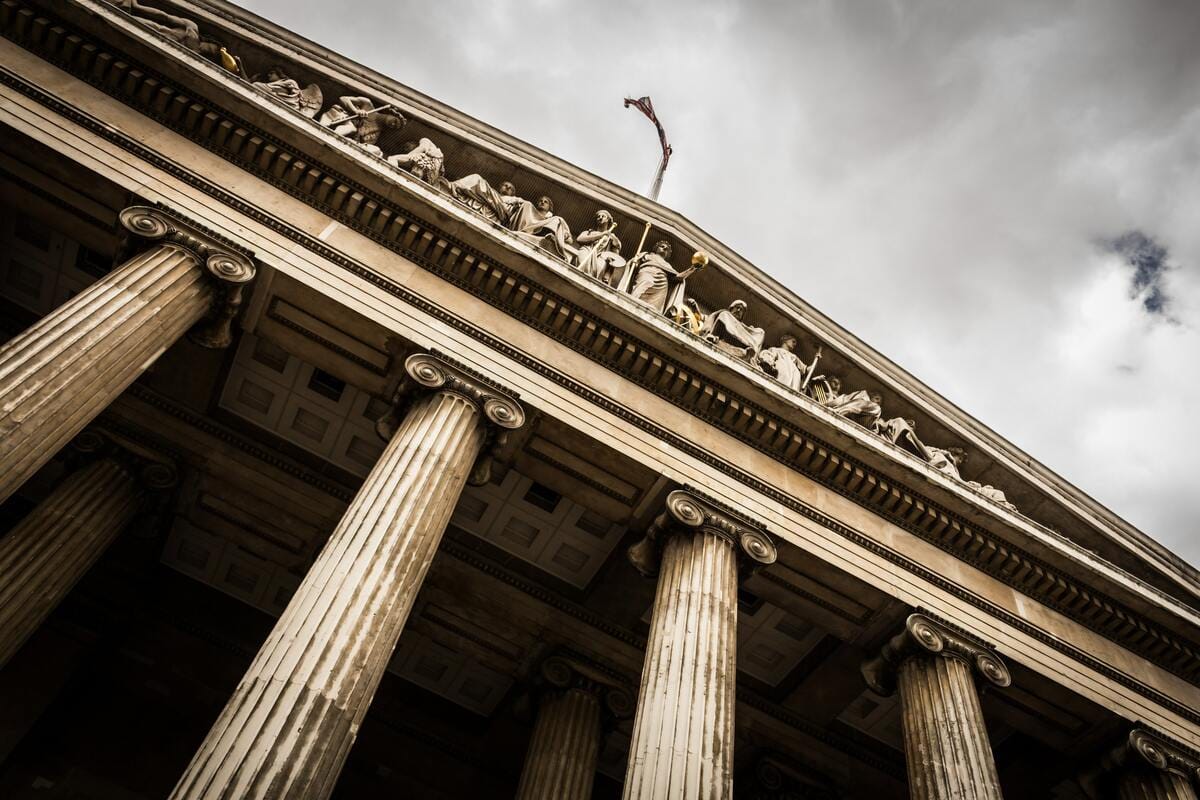Good morning, and thanks for your continued support of Extra Points.
I am currently traveling, and won’t be online for a little while. So today, I’m happy to turn the time over to Sam Ehrlich, a law professor at Boise State University, antitrust expert, and longtime Extra Points reader. Sam has been happy to share his legal expertise with us before and graciously offered to help explain why the oral arguments in Johnson v NCAA were especially problematic for the NCAA.
I’ll turn the time over to Sam here. I learned a lot from this newsletter…and I hope that you do too.
I don’t think I’m breaking any new ground by saying that the NCAA had a very bad day last month at the Johnson v. NCAA oral arguments at the Third Circuit Court of Appeals.
In fact, I know I’m not. Michael McCann at Sportico felt that NCAA amateurism was “roasted” by the “hot bench” of the Third Circuit, saying that while judges “can be hard to predict,” they “regarded the NCAA’s core principle that college athletes shouldn’t be paid as unpersuasive and incongruous.”
But specifically why was it such a bad day for the NCAA?
Well… a lot of reasons. But I want to focus on one reason in particular: one where the court very well may have taken a frequent NCAA legal defense and turned it on its head.
Subscribers of this esteemed newsletter may remember our own Matt Brown pointing to discussion of one particular piece of Supreme Court precedent, Tony & Susan Alamo Foundation v. Sec. of Labor, as perhaps specific evidence of “skepticism of some of the NCAA’s core arguments.”
I wanted to jump off that point and explain in a little more depth why that case—and specifically the judges’ treatment of that case in this one—is so important. The Tony & Susan Alamo case is an especially critical one when it comes to differentiating employees from non-employees. And while it has been a help to the NCAA in other, similar litigation, the judges may read the takeaways from this case a different way: a way that portends especially bad news for the NCAA.


















